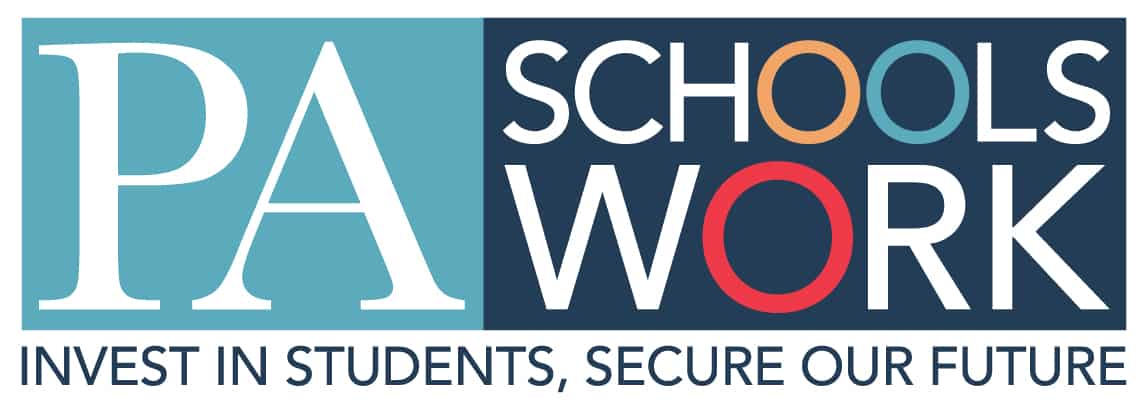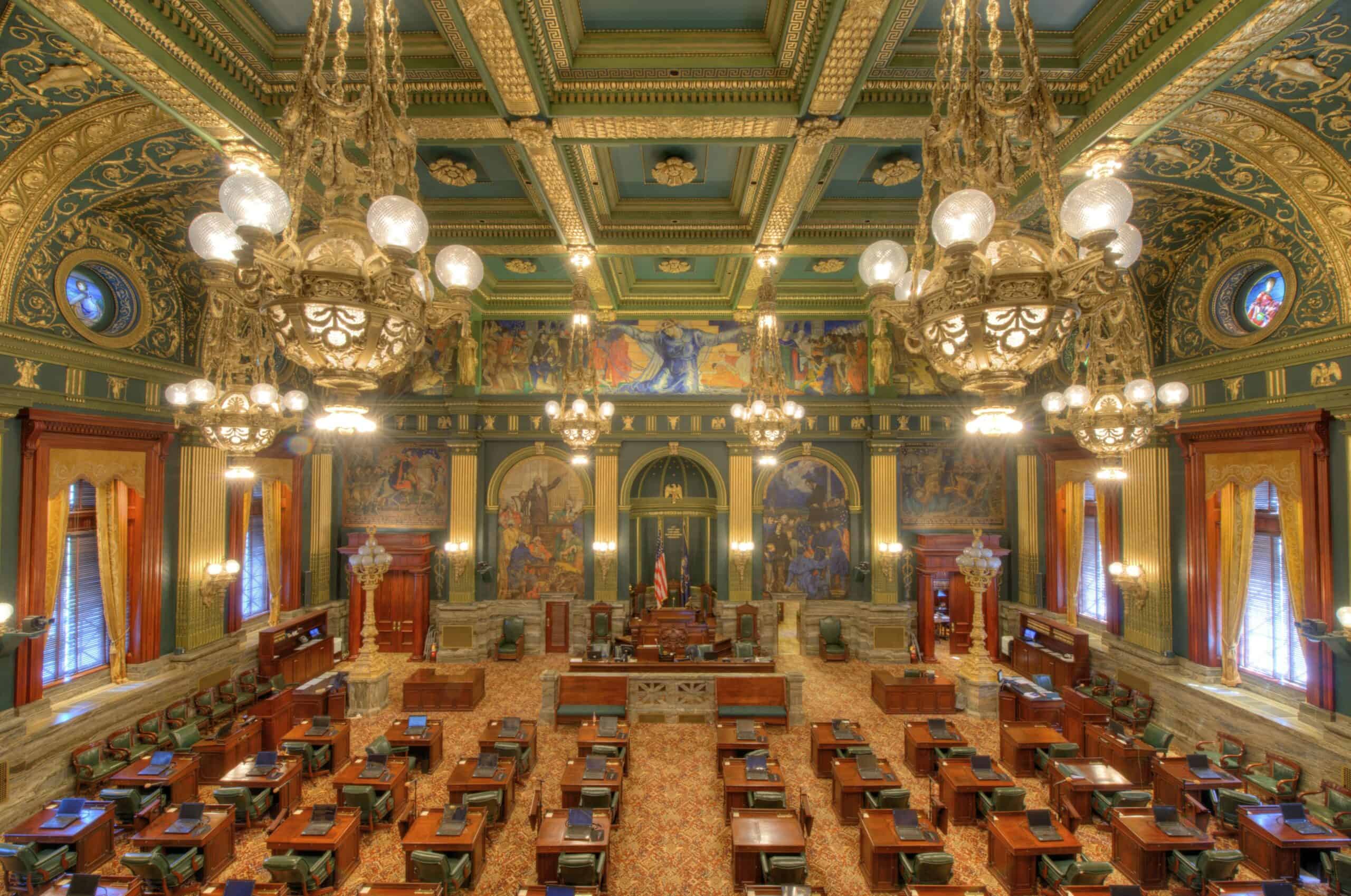(December 22, 2020) – The PA Schools Work campaign sent the following letter to Governor Tom Wolf and members of the General Assembly following the passage of a second federal COVID stimulus bill and looking ahead to the FY 2021-22 state budget:
Dear Governor Wolf and members of the Pennsylvania General Assembly:
Thank you for protecting school districts from cuts in state funding when you enacted the state budget last June. This action provided some predictability for students, parents and educators and speaks to your recognition of the importance of public education. As you know, students are struggling to learn during this crisis and many districts are going into the red paying for unbudgeted and unexpected COVID-related costs.
We write today with two specific requests:
- Distribute discretionary funding contained in the recently passed federal pandemic relief bill to school districts using the state’s fair school funding formula or the federal Title One formula.
- Enact a budget for FY 2021-22 that rebuilds our schools by equitably appropriating funding at levels more than sufficient to meet the state-mandated costs that districts must cover, so critically needed investments in the instruction and supports for students can take hold.
School funding increases appropriated since the enactment of the new school funding formula, while significant, have not substantially solved the chronic underfunding of most school districts.
On top of this legacy of underfunding, COVID’s impact on public school budgets has been acute. An estimated $1 billion in local revenues this school year will not be collected. That comes at a time when schools must spend more to educate students and keep them safe.
It costs more for personal protective equipment like masks and gloves, cleaning staff and supplies, protective barriers, and adequate ventilation to ensure classrooms are safe for in-person instruction. It costs more to cover staff and transportation costs that keep students, teachers and staff safely distanced. It costs more for computers, Wi-Fi, hotspots, software, and other technology to teach children remotely where that is necessary. It also costs more in this environment to provide student counseling to help children deal with the pandemic, to educate students needing special education, and to educate English Language Learners.
In addition, skyrocketing enrollment in cyber charters schools is expected to cost school districts an additional $350 million this school year.
We cannot overstate the dire situation in the school districts. Congress has finally acted on another round of COVID-19 relief funding, with a bill that contains funding for K-12 education needs. We urge that any funding that lies within the state’s discretion be distributed via the state’s bipartisan fair funding formula or the federal Title 1 program formula. A recent Keystone Research Center study determined that Pennsylvania short changed its poorest school districts in the distribution of discretionary federal CARES Act relief funding, allocating the pandemic aid without accounting for poverty or other needs. The state should not make the same mistake with this next round of relief and should instead make sure the funding gets to where it is most needed.
These funds, though vital, are one-time disbursements intended to address COVID-driven problems, not address the chronically inadequate and inequitable school funding system.
Please keep in mind that even with the increases made in the last five years, inadequate state funding over the years has created an estimated shortfall of at least $4.6 billion. This affects 428 of the state’s 500 school districts, which educate 86% of students, but falls disproportionately on less wealthy districts, and particularly those serving communities of color.
This situation existed long before COVID-19. It will continue to worsen after we overcome the pandemic. We estimate that in the 2020-21 budget year, school districts are facing state-mandated cost increases of more than $700 million, primarily driven by growth in special education, charter (and particularly cyber-charter) school tuition, and the local share of pension costs. Even larger mandated cost increases are expected next year.
As you craft and negotiate next year’s budget, it must include significant investments that do more than mitigate the state mandates so that districts can make needed investments to classroom instruction. These should include increases for:
- basic education funding through the fair funding formula
- special education funding, and
- career and technical education funding.
Of course, we recognize that the next budget year will be very challenging, but our students must not be left to fall further behind. If our communities and our economy are to fully recover and thrive for the long term, the state must begin investing more in our students now.
Thank you for your consideration of our FY 2021-22 budget request. We stand ready to work with all of you to see it enacted.
Sincerely,
The PA Schools Work Campaign

